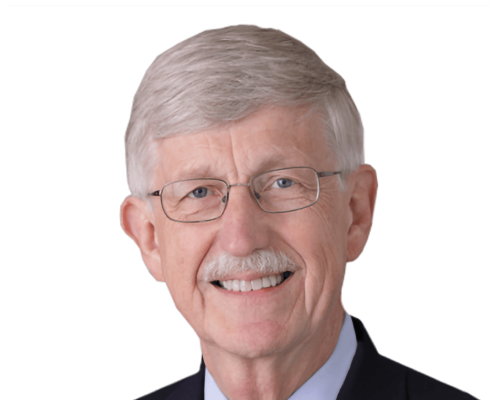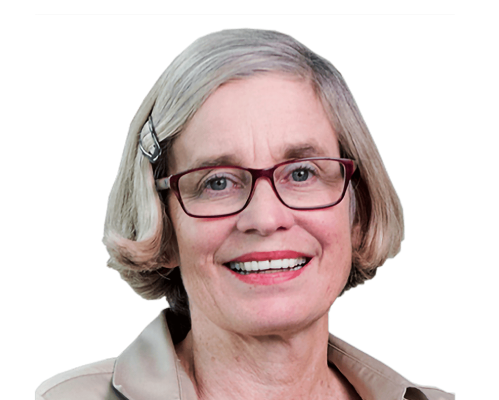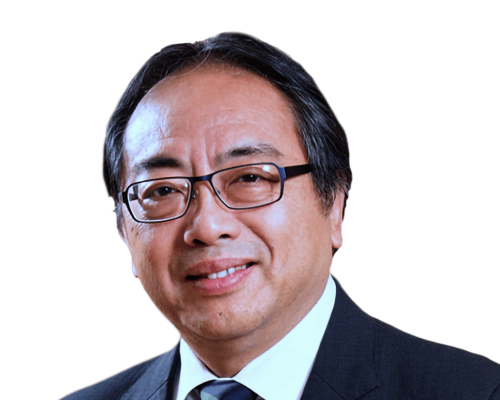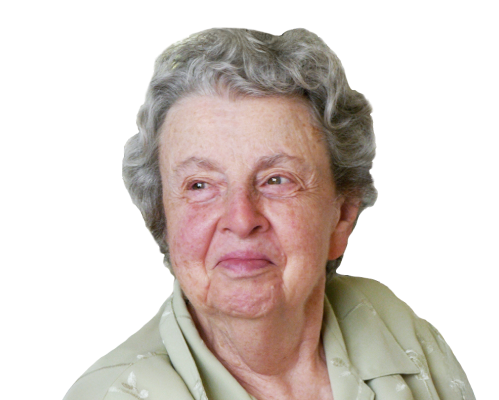Cystic Fibrosis: From Gene Discovery to Basic Biology to Precision Medicines
2018 Warren Alpert Foundation Prize Symposium
In honor of Francis Collins, Paul Negulescu, Bonnie Ramsey, Lap-Chee Tsui, Michael Welsh for pioneering contributions to the discovery of the cystic fibrosis transmembrane conductance regulator (CFTR) gene and to the subsequent research that led to the development of transformational precision medicines to treat the underlying cause of cystic fibrosis.


Francis Collins


Paul Negulescu


Bonnie Ramsey


Lap-chee Tsui


Michael Welsh
Symposium Program
Each year the recipient(s) of the Warren Alpert Foundation Prize are recognized at a scientific symposium hosted by Harvard Medical School.
Featured Speakers include:
Francis Collins, MD, PhD
Director, National Institutes of Health
Positional Cloning in Medieval Times (1989)
Paul Negulescu, PhD
Senior Vice President, Research, Vertex Pharmaceuticals Incorporated
Fixing CFTR
Bonnie Ramsey, MD
Vice Chair and Endowed Professor of Pediatrics, University of Washington School of Medicine. Director, Center for Clinical and Translational Research, Seattle Children’s Research Institute
Journey from Bench to Bedside –The Joys and Challenges of Cystic Fibrosis Translational Research
Michael Welsh, MD
Professor, Internal Medicine and Molecular Physiology and Biophysics, University of Iowa Investigator HHMI, Director, Pappajohn Biomedical Institute
What Does CFTR Do and How Do Mutations Cause Cystic Fibrosis?
Pamela Davis, MD, PhD
Dean, School of Medicine, and Senior Vice President for Medical Affairs, Case Western Reserve University
Cystic Fibrosis - a blueprint for future genetic diagnosis and treatment
Jay Rajagopal, MD
Professor of Medicine, Center for Regenerative Medicine, Massachusetts General Hospital HHMI Faculty Scholar
A New Cellular Narrative of Lung Disease

Sign up to receive updates

For questions about the prize, please contact us.

